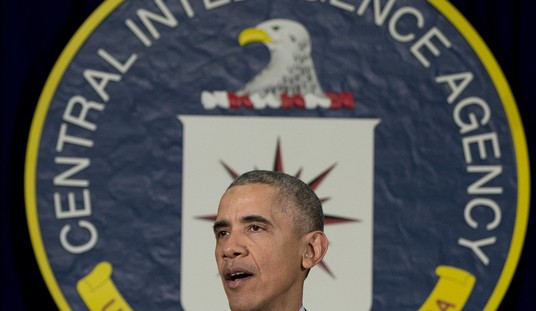It has been five months since the small blue-collar town of East Palestine, Ohio, experienced the horrific train derailment that sent plumes of toxic thick black smoke into the air above. Life there came to a virtual standstill as residents and their children dealt with, and continue to deal with, a vast array of illnesses from headaches to nosebleeds and, even now, at times, a faint whiff of something in the air. Residents say they have not gotten much in the way of assistance from Norfolk Southern. CEO Alan Shaw could not bother to show up for a town hall meeting two weeks after the derailment and failed to show yet again at a subsequent town hall meeting on March 2nd. In the months since the disaster, Norfolk Southern seems to have moved on from the problems of East Palestine to something apparently more pressing. What could possibly be more pressing than peoples’ health?
The railroad company that blew up East Palestine wants you to know about their ESG initiatives… https://t.co/236VChZ5Ui
— Henry Rodgers (@henryrodgersdc) July 14, 2023
Norfolk Southern’s highest priority these days apparently is making sure they help push radical leftist ideology. Promoting environmental, social, and corporate governance (ESG) and, of course, diversity, equity, and inclusion (DEI) is high up on Norfolk Southern’s to-do list this year. Norfolk Southern is a big fan of ESG, and the push to the left is no doubt coming from Norfolk Southern’s biggest asset managers, BlackRock, Vanguard, and State Street. These big three have a history of pushing other publicly listed companies to adopt a radical ESG agenda.
The company’s commitment to ESG and DEI was solidified by Shaw’s signing of the “CEO Action for Inclusion Pledge,” which includes such things as an 11 percent increase in “racially diverse representation” in executive positions, spending of roughly $250 million with small businesses and “diverse” suppliers, and contributing $500,000 to historically black colleges and universities, diverse secondary school scholars, and various diverse student and academic groups. Norfolk Southern also made sure to do the proper amount of promoting of Pride Month, Women’s History Month, and Black History Month.
Over at the Norfolk Southern ESG office, Chief Sustainability Officer Josh Raglin issued a statement that read in part:
We’ve made tremendous achievements in decarbonizing supply chains and reinforcing an inclusive workplace culture built around safety, and our work and commitment to these goals is unwavering. None of this would be possible without our incredible team of people who are committed to building a better planet and more resilient communities for generations to come.
No word on what any of this has to do with trains, railroads, or giving the people of East Palestine any kind of help.
Joe Biden promised to visit East Palestine after the toxic train derailment.
After 157 days, he STILL has not visited.
— Tea Party Patriots (@TPPatriots) July 10, 2023
In a rare act of bipartisanship, both Ohio Senators, J.D. Vance (R) and Sherrod Brown (D), along with Sens. Josh Hawley (R-MO), Marco Rubio (R-FL), and both Pennsylvania Senators, John Fetterman (D) and Bob Casey, have introduced the Railway Safety Act. The bill would make some small but important changes in rail safety regulations, such as requiring bearing defect detectors every ten miles. Overheated bearings were found to be the probable cause of the derailment. It would also require rail companies to notify local first responders when hazardous chemicals were being brought through their communities. Seems like a no-brainer, but as expected, rail companies, including Norfolk Southern, are opposed to the legislation.
Meanwhile, in East Palestine, the headaches, nosebleeds, eye irritations, and respiratory issues remain. Jill Shugart is the Associate Director of the Centers for Disease Control (CDC). She confirmed that even survey takers for the Agency for Toxic Substances and Disease Registry became sick during their time in East Palestine. Many families have been uprooted from their homes, and the value of those homes has plummeted. Many small businesses are gone or hanging on by a thread. And needless to say, the people of East Palestine do not have much faith in and do not have much trust in Norfolk Southern or the government. And because they are not in the media spotlight anymore, they feel a sense of being forgotten.
This week, the University of Kentucky Center for Appalachian Research in Environmental Science is collecting data from 75 people in East Palestine for a long-term health study on possible chemical exposure, East Palestine’s new version of “environmentalism.”
Who gave the order to light the chemicals on fire to create a nuclear chemical explosion in East Palestine?
Pothole Pete has his fingerprints all over this. But, ofc, we never get an answer and no one gets fired.
— Nick (@nbbb2385) July 17, 2023














Join the conversation as a VIP Member